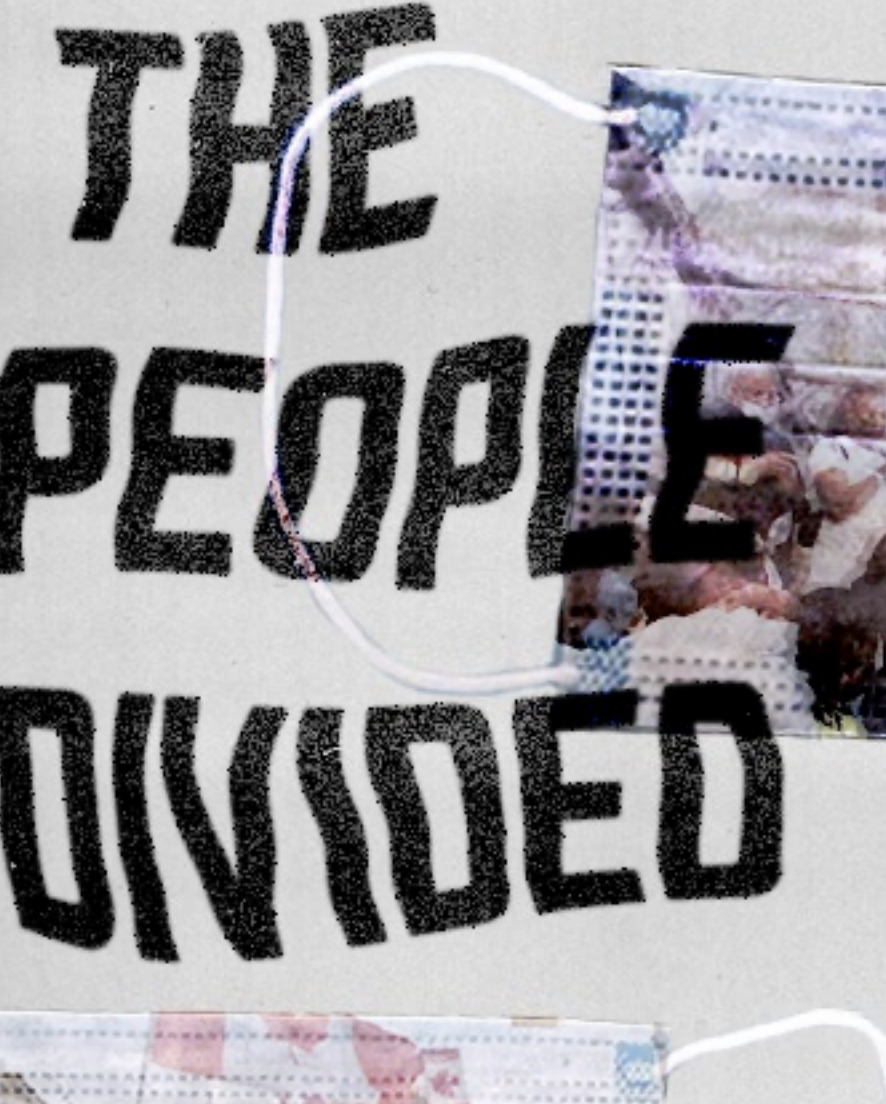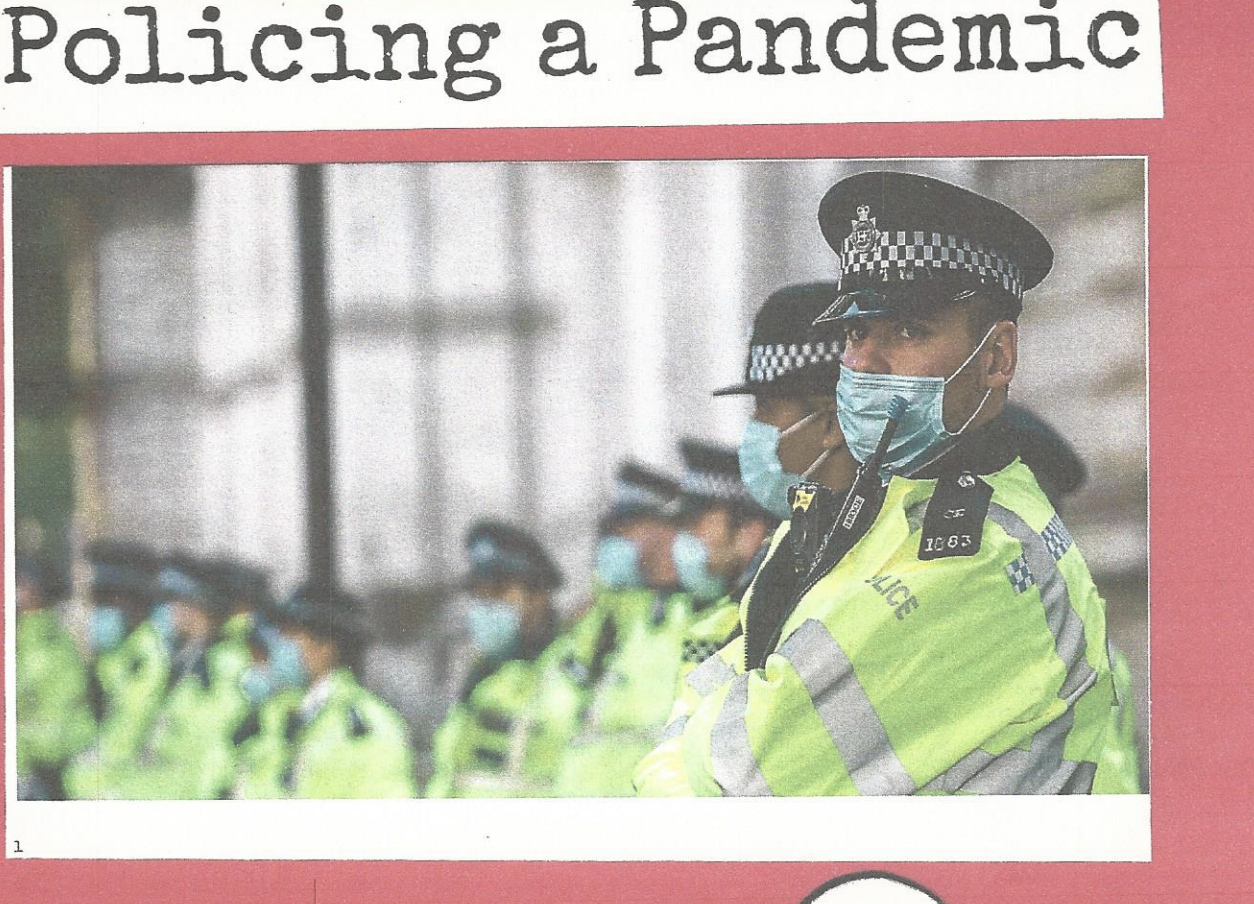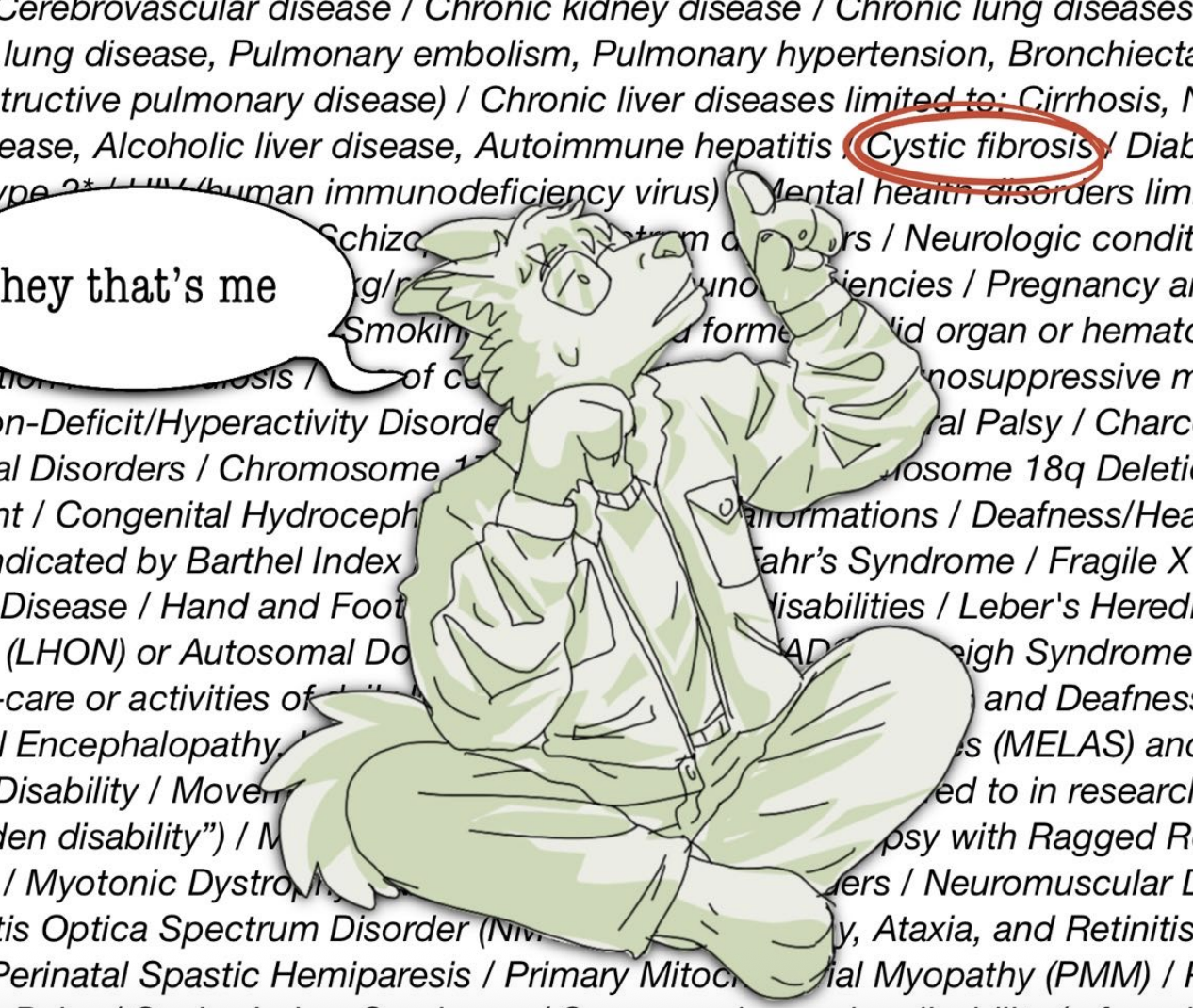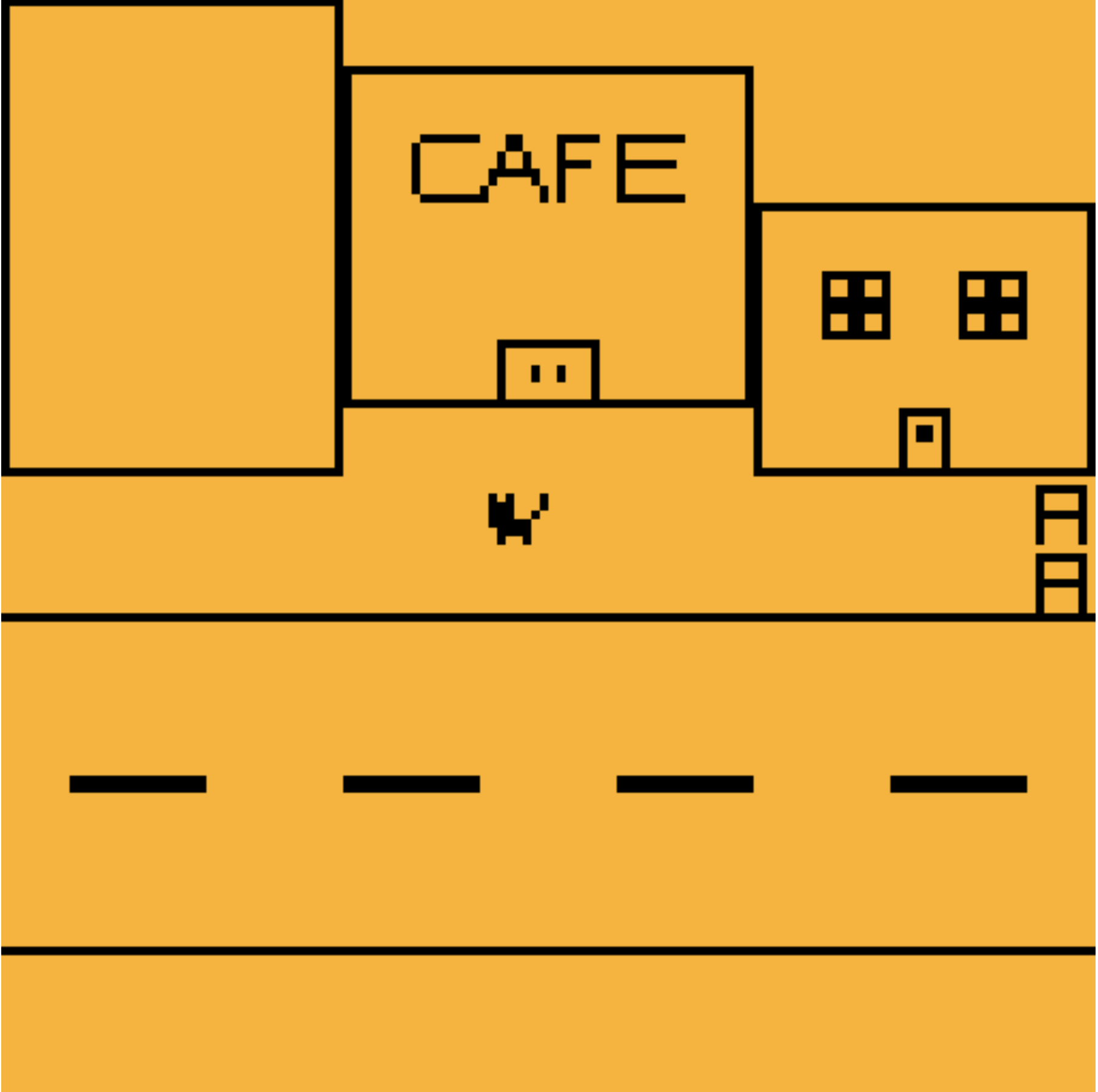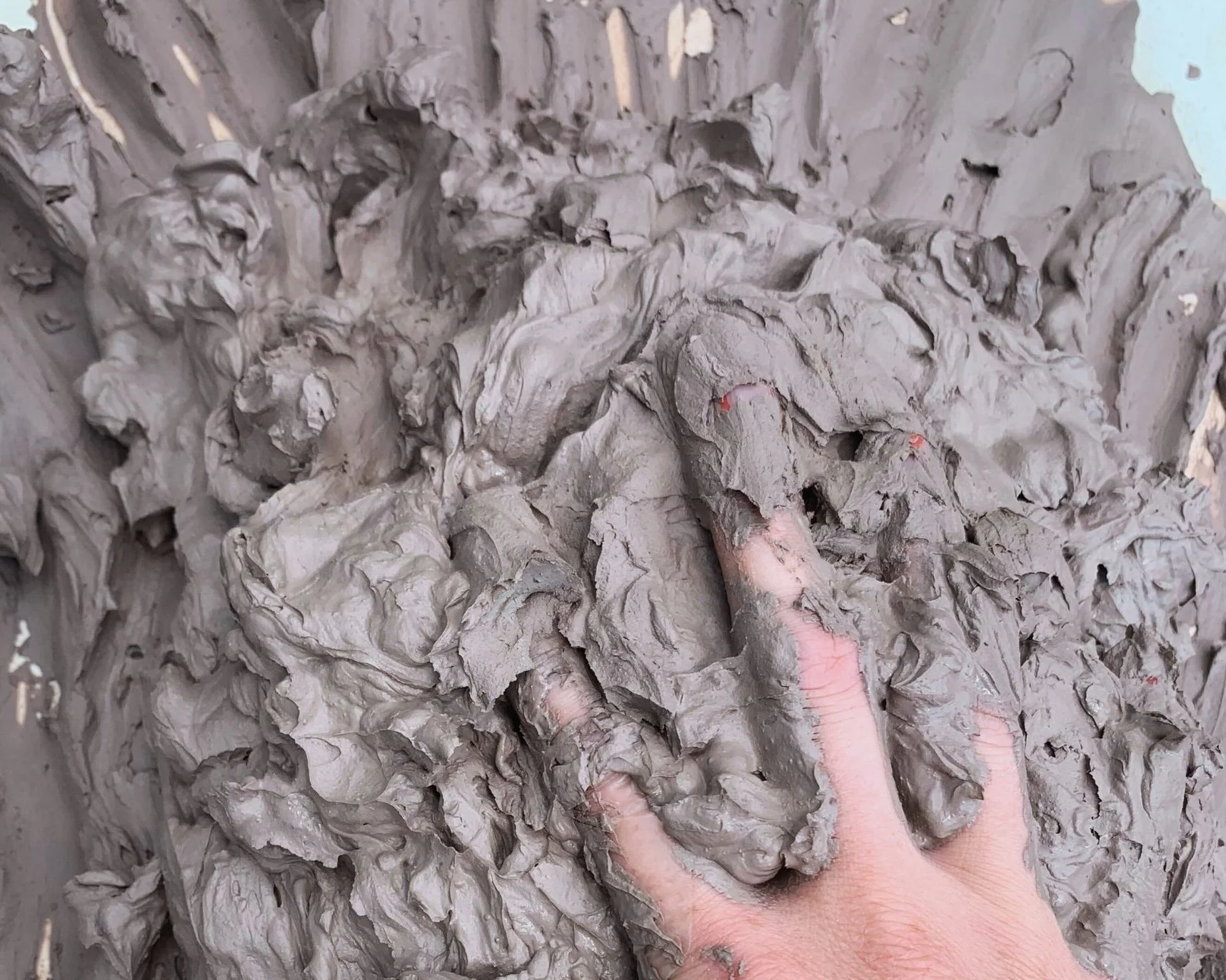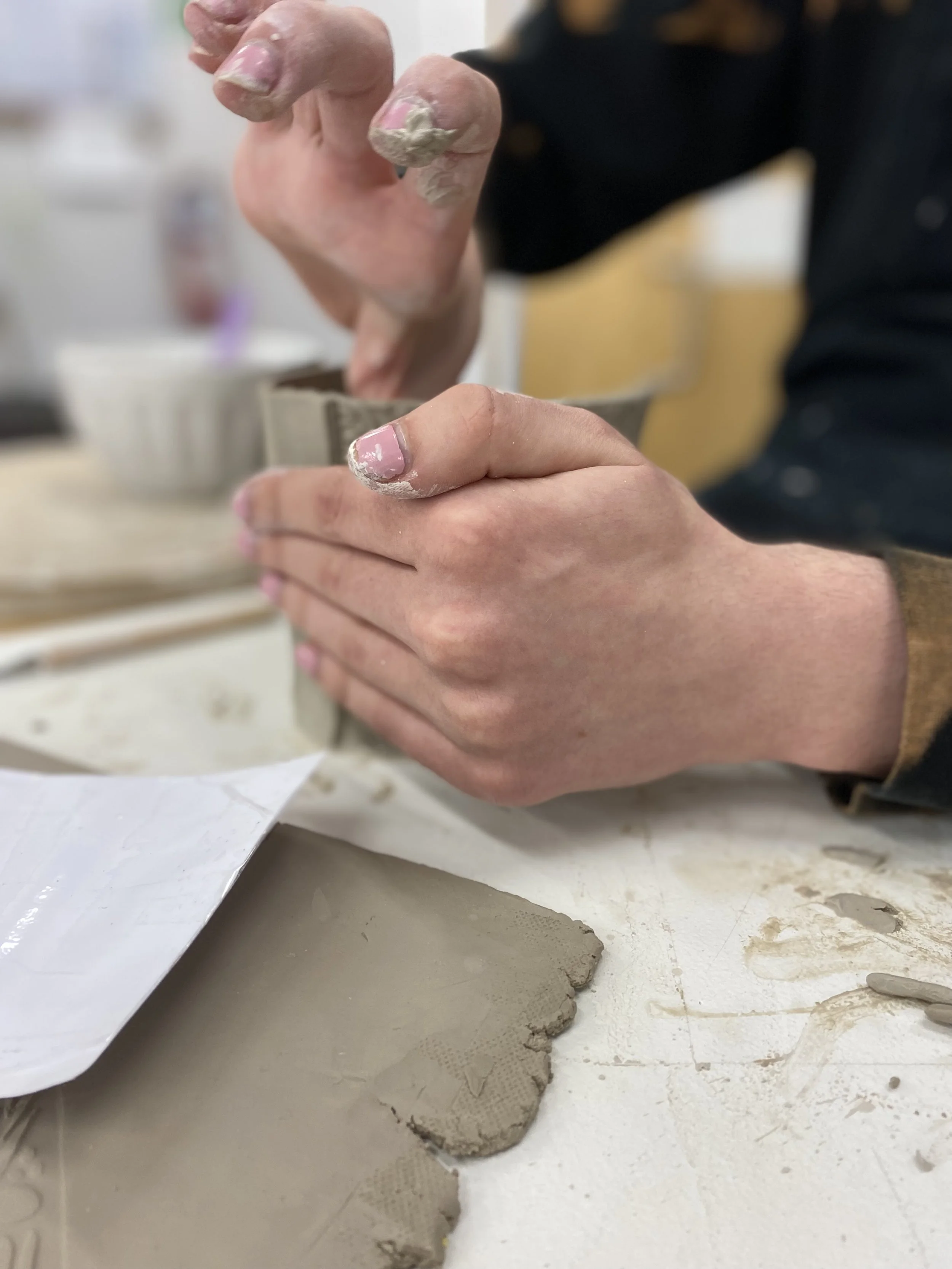Courses
I am happy to share my syllabi! Please contact me if you would like copies.
-
Explore the academic study of digital and non-digital games, with a focus on the development of a shared understanding of the history, culture, aesthetics, and importance of games and play. Achieve a better understanding and appreciation of games through lectures, discussions, written assignments, and critical play – playing games and critically analyzing them as cultural texts.
-
Offers critical interdisciplinary approaches to understanding culture through examination of key concepts, theories and practices in the field of Cultural Studies.
-
This course introduces historical and theoretical contexts for the study of mass-mediated popular culture, from movies and TV to comic books and video games. It also explores the reciprocal relationship between creative expression and economic constraints, between the mainstream, sub-cultures, and counter-cultures, as well as familiar designations of "high-brow" and "low-brow." Using specific media case studies, students will engage with contemporary debates about the impact of representations, the role of ideology, the agency of the audience, the meaning of fandom, and the politics of taste. While learning to analyze and evaluate their relative merits, students will learn to step back and think critically about the larger implications and the cumulative effects of our constant exposure to popular culture texts.
-
University of New Brunswick, Department of Culture and Media Studies
Cultural studies scholar Raymond Williams said that culture is the most complicated word in the English language. We will use that idea as a jumping of point to discuss the overlapping realms of art, culture, and media. Contemporary culture is hard to separate from our everyday mediascapes, from driving past advertisements at the side of the road to posting photos on social media. This course is an introductory exploration of how art, culture, and media shape our understandings of our selves, our communities, and the larger world. Drawing from cultural studies and media studies literature, we will analyze a variety of texts from around the globe. In so doing, we will discuss the contradictions in how culture is made, experienced, and circulated.
-
Mount Allison University, Women’s and Gender Studies
This course examines feminist critiques and strategies relating to the production of knowledge, with an emphasis on epistemology, decolonization, and community-based research. It introduces the methods, techniques, and ethics involved in feminist research and analysis. The emphasis is both theoretical and practical; students therefore engage in the process of assessing and conducting feminist research.
-
Mount Allison University, Women’s and Gender Studies Program
This course introduces students to the fields of feminist, queer, and trans game studies. It begins by introducing students to game studies as a discipline and to the main analytic tool we will use in this class: close playing. We will familiarize ourselves with feminist and queer theories of games and play before moving into several weeks focused on topics at the intersection of game studies and feminist and queer theory during which we will play and analyze various games. Themes include representations of gender, race, and sexuality in videogames; failure as a queer mechanic; sexual videogames; game-making as autoethnographic method; and utopias/dystopias. Assignments are centered around practicing close play, thinking critically about videogames, and writing analytically. They include weekly play logs, a game analysis paper, and a game-making assignment focused on understanding the rewards and challenges of exploring feminist and queer issues through games.
-
Mount Allison University, Women’s and Gender Studies Program
This course explores the interconnection of gender, sex, and sexuality with media and digital cultures. We explore how the production and consumption of mediated representations of gender, sex, and sexuality shape and are shaped by our lived experiences. We will begin by discussing feminist approaches to studying media and digital cultures before moving into several weeks focused on timely topics and debates related to gender, sex and sexuality in media and digital cultures. We will consider objectification and “the gaze”; representation and visibility; the gendered politics and labour of ‘content creators’; the deplatforming of sex; and gendered audiences and fandoms. Beyond weekly readings focused on theory and media analysis, this course will ask students to engage with a range of media texts. One of our primary goals will be to develop competency and confidence in doing media analysis.
-
Mount Allison University, Women’s and Gender Studies Program
This course examines human bodies in historical and contemporary socio-political contexts, investigating gender and embodiment both as an expression of individual identity and a production of complex social processes. Drawing upon scholarship on body politics in the interdisciplinary fields of Women's, Gender, and Sexuality Studies, we will consider how bodies are simultaneously gendered, raced, classed, sexualized, and politicized through interpersonal, social, and institutional processes, including law, culture, science, medicine, and globalization. We will consider a wide variety of topics including body modification, women’s participation in sport; fatness and fatphobia; the experience of illness and disability; and the relationship between bodies and technology; among others. By engaging with a variety art that focuses on the body or using the body as part of a creative process, we will aim to think critically about how we inhabit our own bodies and how and why this comes to matter politically and socially.
-
Carleton University, Department of Law and Legal Studies
This course introduces students to key issues, theories and debates concerning gender, feminism and the law, primarily in Canada. Approaching law as a site of regulation and constraint, as well as a tool for feminist practice, we will consider how the law shapes and is shaped by the lives of cisgender and transgender women. We begin by unpacking the premise of “women and the law” and consider the current vitriolic legal debates about gender and attempts to use the law to exclude transgender women from public life. We will also consider who gets left out of the “women and law” conversation (e.g., pregnant transgender men). The course introduces students to a range of theoretical approaches to women and the law and examines topics ranging from incarceration; reproductive rights and “birth tourism”; human trafficking; #metoo and defamation law; law, activism and emotion; and the “decertification” of legal sex.
-
Carleton University, Department of Law and Legal Studies
In this course, we examine how reproduction is regulated, contested, and controlled in Canada. Moving beyond the binary framing of pro-choice versus anti-choice, this course draws on reproductive justice frameworks to examine a wide range of issues that impact the choice to have or not have children, and the ability to parent children in safe and sustainable communities. We will consider how law, social structures, and institutions affect goals such as greater bodily autonomy and choice, and safety for parents and children. The goal of the course is to put the legal governance and regulation of reproductive health into conversation with community-driven debates about reproductive justice. We will also focus on how reproductive justice is imbricated with other key sites in the struggle for social justice. Topics include abortion, surrogacy, sterilization, parenting, and the impact of racism, ableism, colonialism, carceral politics, heteronormativity, and environmental racism on reproductive rights and justice.
-
Carleton University, Department of Law and Legal Studies
In this course, we examine how reproduction is regulated, contested, and controlled in Canada. Moving beyond the binary framing of pro-choice versus anti-choice, this course draws on reproductive justice frameworks to examine a wide range of issues that impact the choice to have or not have children, and the ability to parent children in safe and sustainable communities. We will consider how law, social structures, and institutions affect goals such as greater bodily autonomy and choice, and safety for parents and children. The goal of the course is to put the legal governance and regulation of reproductive health into conversation with community-driven debates about reproductive justice. We will also focus on how reproductive justice is imbricated with other key sites in the struggle for social justice. Topics include abortion, surrogacy, sterilization, parenting, and the impact of racism, ableism, colonialism, carceral politics, heteronormativity, and environmental racism on reproductive rights and justice.
Student Zines
Students in my classes, including Health Law and Intro to Women’s and Gender Studies, are tasked with making zines. This assignment lets them flex their creative muscles while practising knowledge translation as they work to make ideas and concepts from class useful and accessible to a more general audience.
Work shared here with students’ permission; some work has been anonymized at their request.
Student Games
Students in my game studies classes are often assigned game-making projects. You can read about my approach to evaluating game making in my essay for the JCMS Teaching Media Dossier. The games below are shared with students’ permission.
Clay / Bodies: Feminist and Queer Theory and Craft.
Clay / Bodies: Feminist and Queer Theory and Craft is a two-day workshop on the interconnection of feminist and queer theory, artistic practice, and clay as a material. Its objective is to deepen students’ understanding of feminist and queer theories of embodiment through hands-on engagement with an evocative and embodied art practice. It is, therefore, an extension and enrichment of the curriculum offered in “WGST 2101: Body Politics: Gender, Identity, and Culture” in fall 2023.
